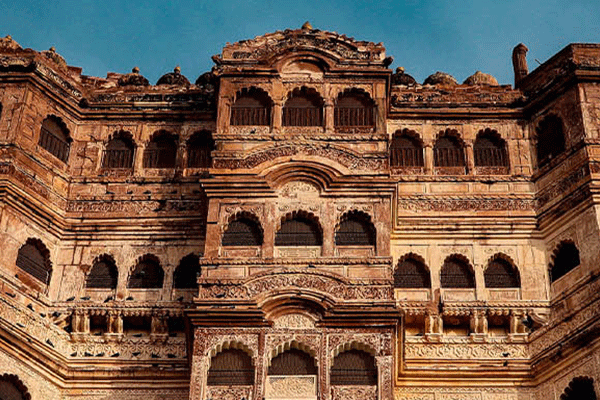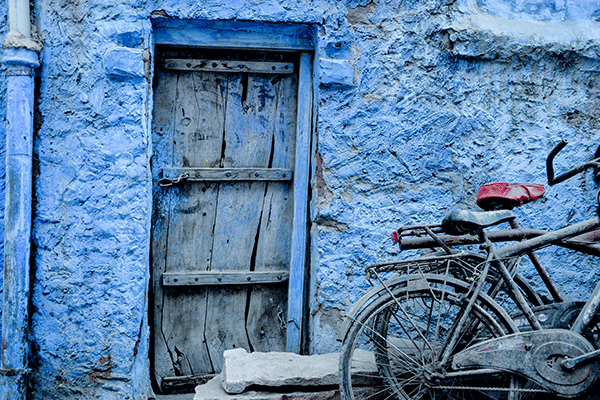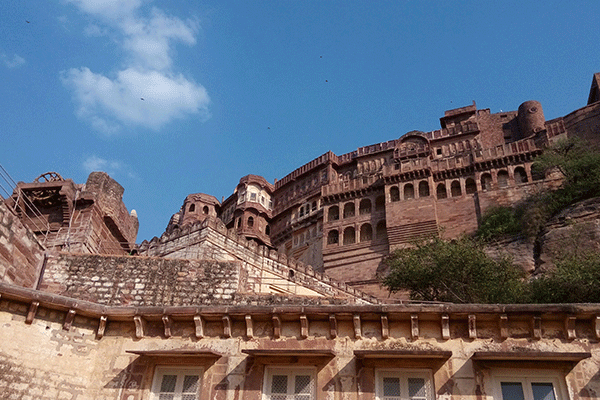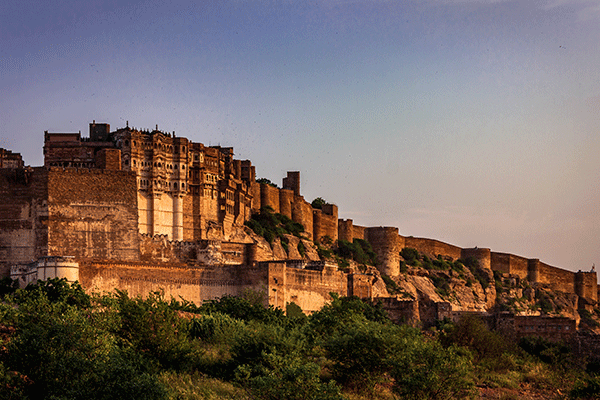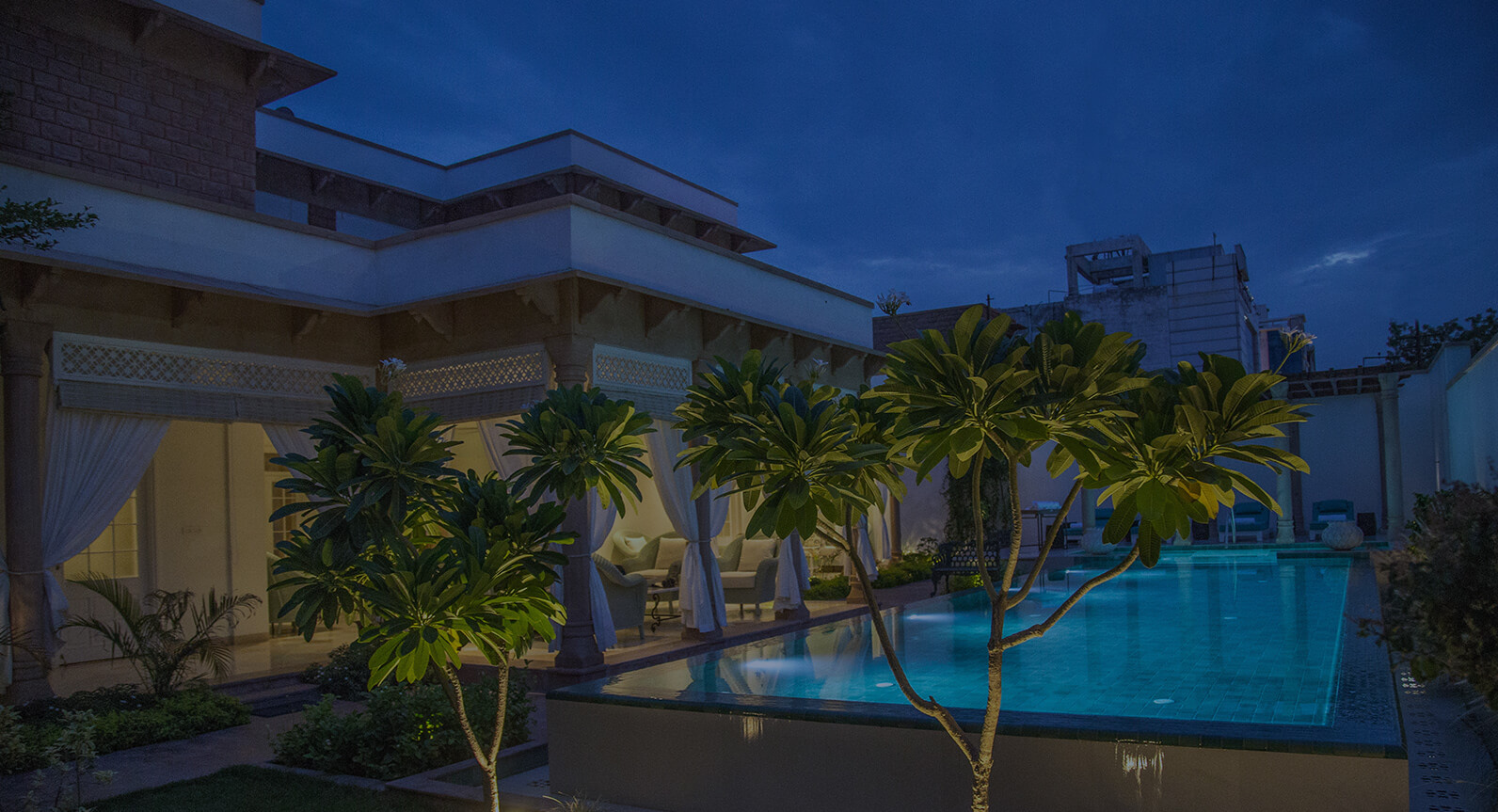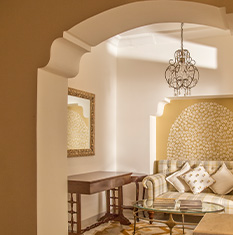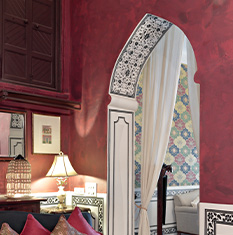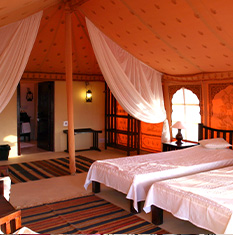Mehrangarh Fort is a spectacular architectural marvel, established on May 12, 1459 by
the founder of Jodhpur, the Rajput Maharaja, Rao Jodha. Rising about 400 ft. above the city’s
skyline, its colossal size and enigmatic splendour takes on a hypnotic and protective quality at
night. One of the major attractions of the Mehrangarh Museum is the Daulat Khana, or the
repository
of Mehrangarh Fort’s treasures. You may also wish to visit the Shrine of Chamunda Mata, Rao
Jodha’s
favourite goddess; participate in a zipline tour; or savour the charm of Chokelao Bagh,
reminiscent
of royal gardens that inspired romance in bygone times.
At a short distance from Mehrangarh Fort and amidst intricate pavilions, tiered
gardens
and a serene lake, is Jaswant Thada; another illustration of Jodhpur’s immaculate architecture.
Made
out of the finest white marble, this cenotaph was constructed by Maharaja Sardar Singh, in memory
of
his father, Maharaja Jaswant Singh II. Jaswant Thada also serves as a cremation ground for the
royal
family of Marwar.
The Rao Jodha Desert Rock Park, spread over 72 hectares, is a sincere attempt at the ecological
restoration of a large, rocky area near and under Mehrangarh Fort. It is characterised by rather
particular volcanic and sandstone formations; and visitors can choose from a selection of trails
to
explore the Rock Park.
Mandore, approx 9 kms north of Jodhpur, represents the erstwhile capital of the princely state of
Marwar, before Rao Jodha moved it to Jodhpur and Mehrangarh fort. This historic town boasts of a
formidable, albeit now ruined Fort. Tourists enjoy a stroll through The Mandore Gardens, a
charming
landscape dotted with temples, high rock terraces and chhatris
(memorial cenotaphs) of the rulers of Jodhpur state. The Gardens house the ‘Hall of Heroes,’
containing 16 figures carved out of a single rock. The ‘Temple of 33 Crore Gods’ pays homage to
the
deities of Hinduism.
Mandore is also home to the country’s only Ravana Temple, dedicated to the great king of Lanka
described in the Hindu epic, Ramayana. As Mandore is believed to be the native place of his wife
Mandodari, Ravana is revered as a divine son-in-law amongst some of the local Brahmins.

















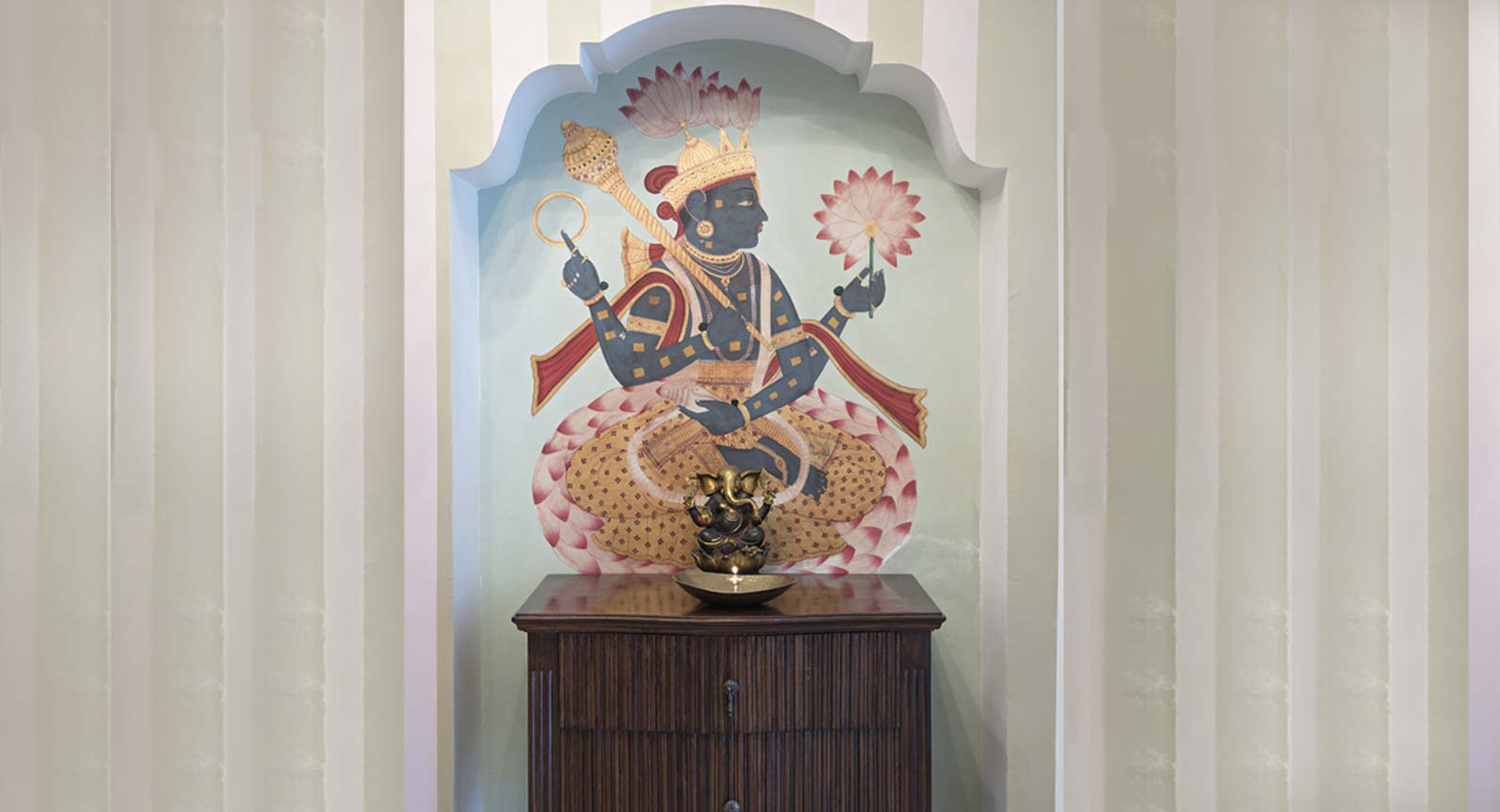

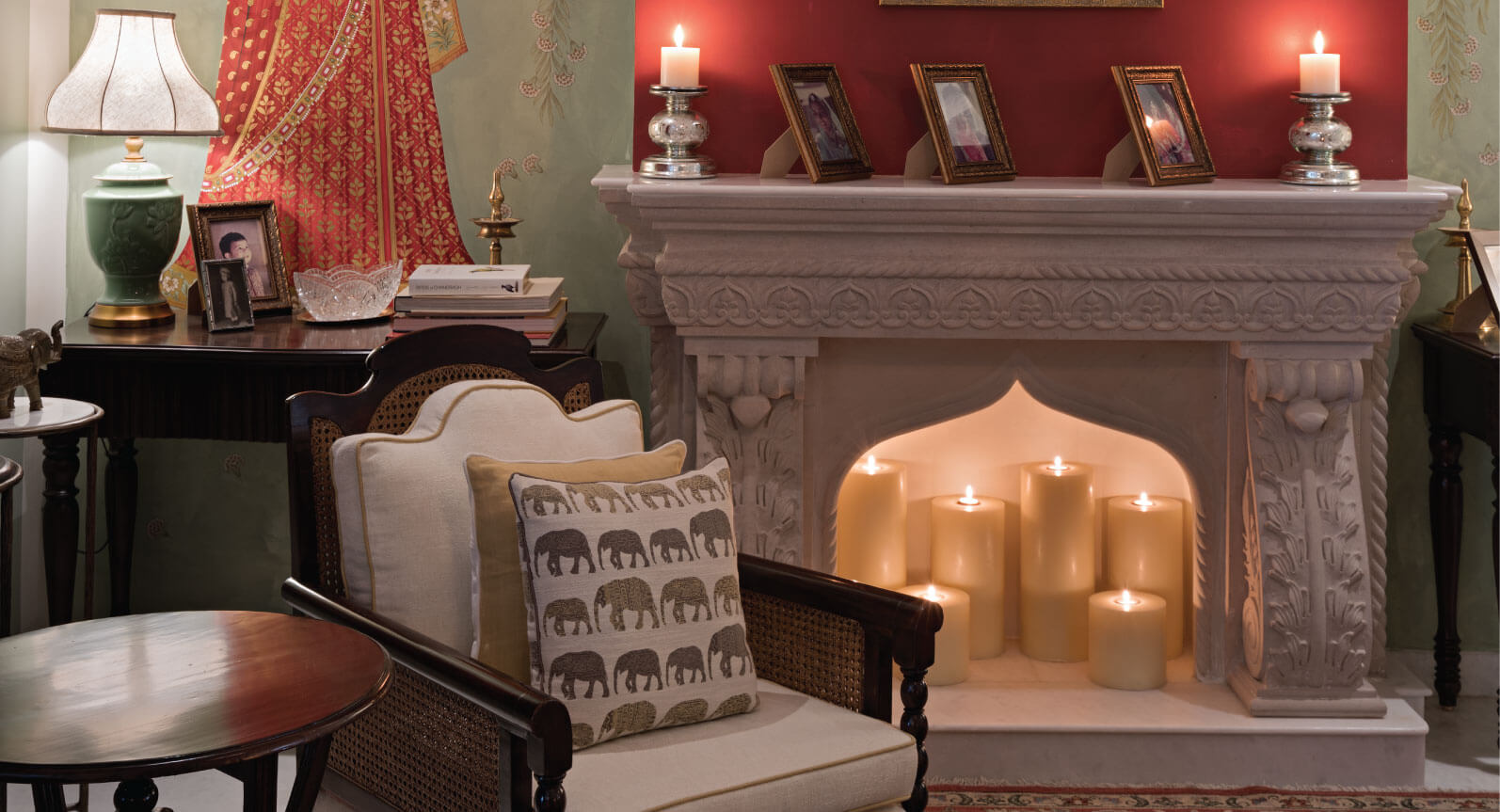


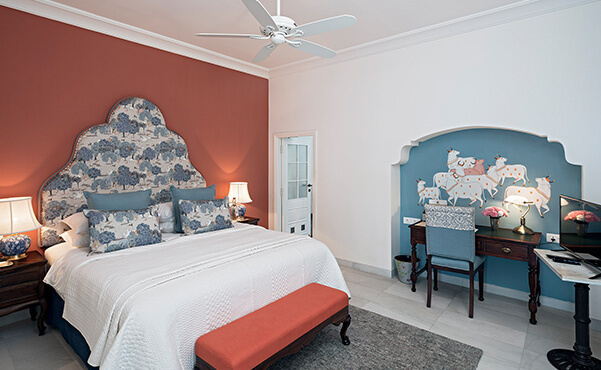
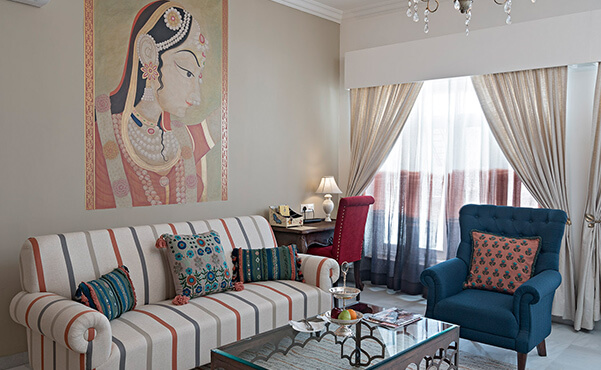


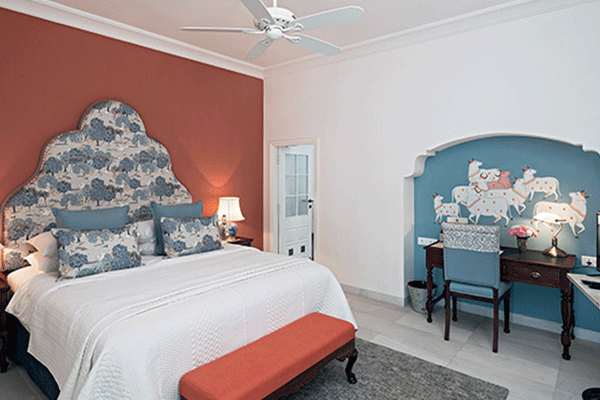
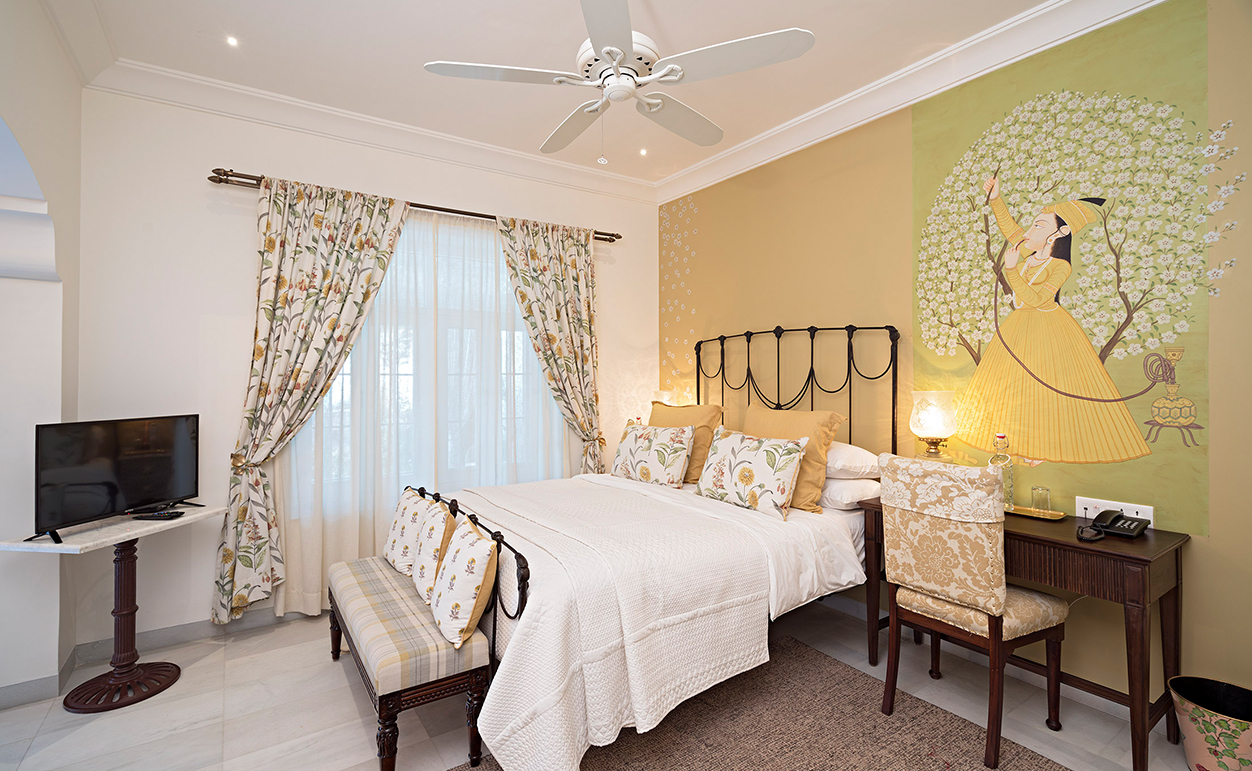
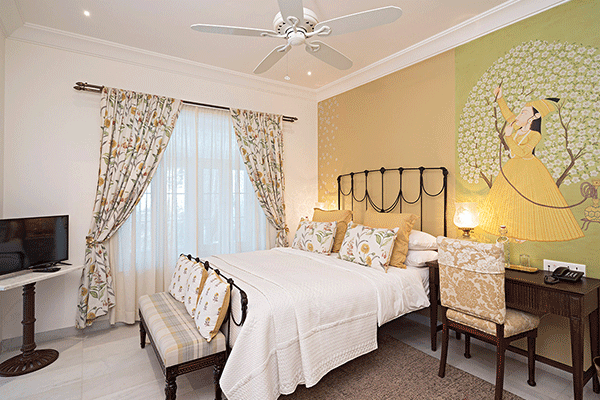

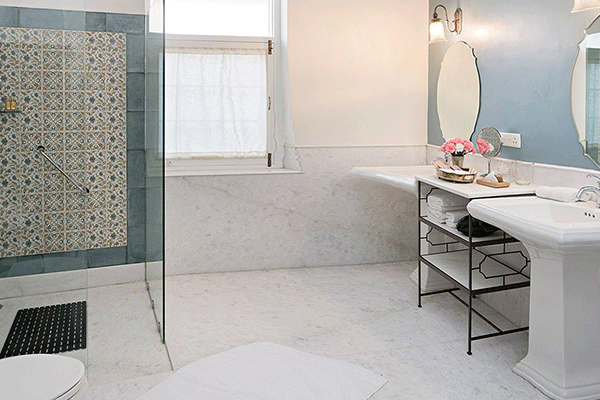



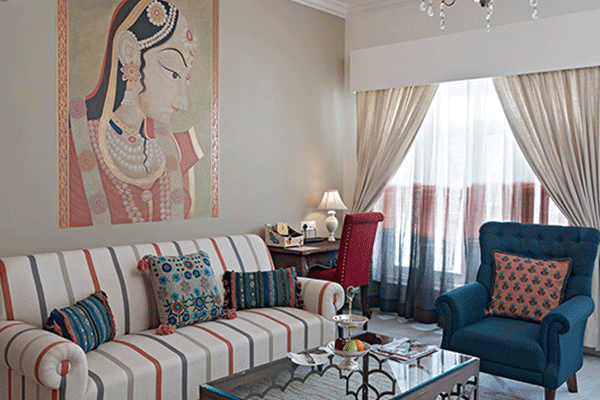



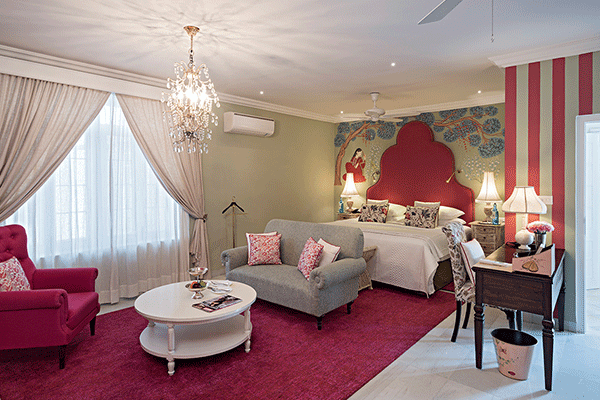
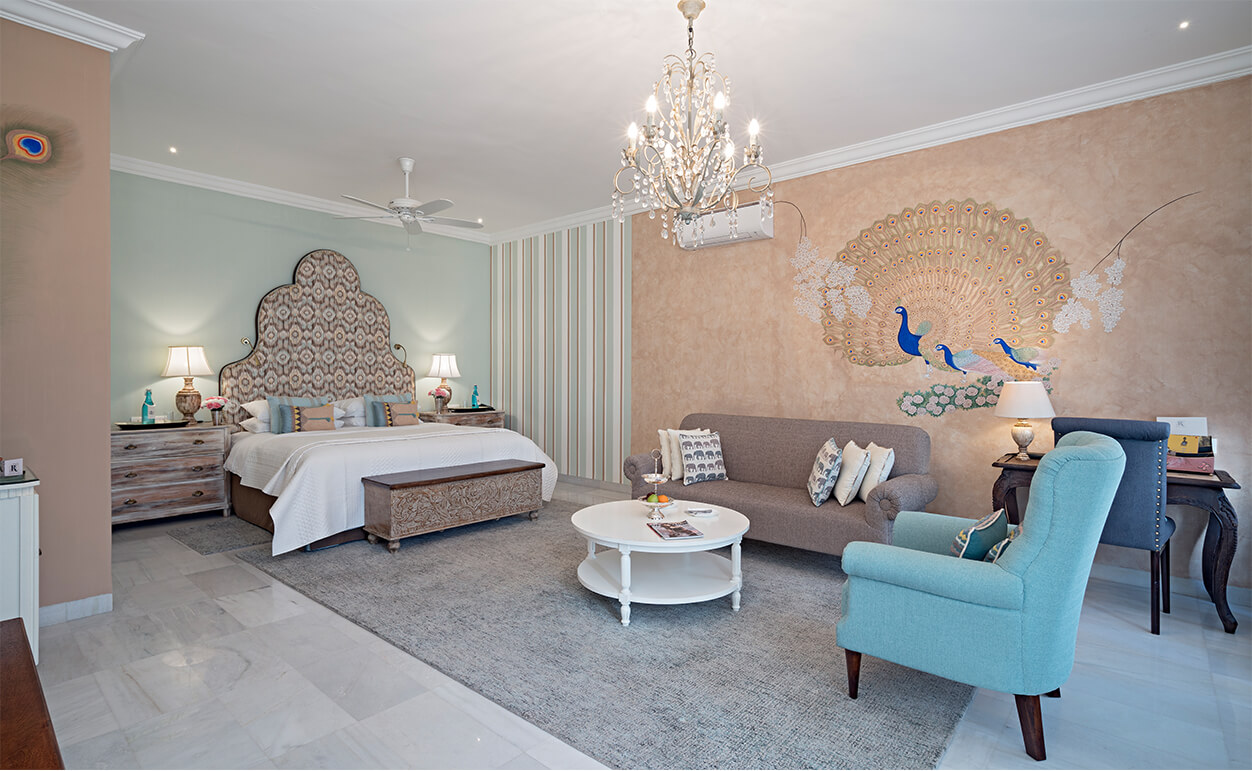

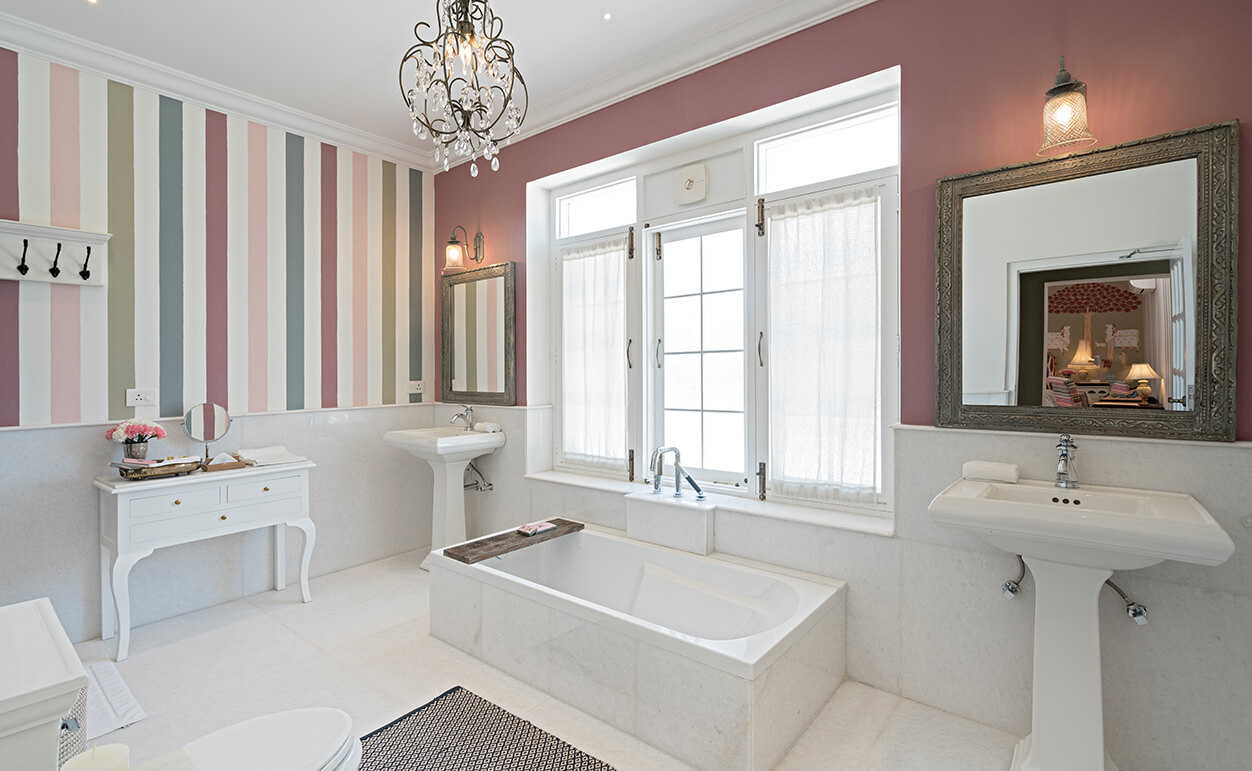
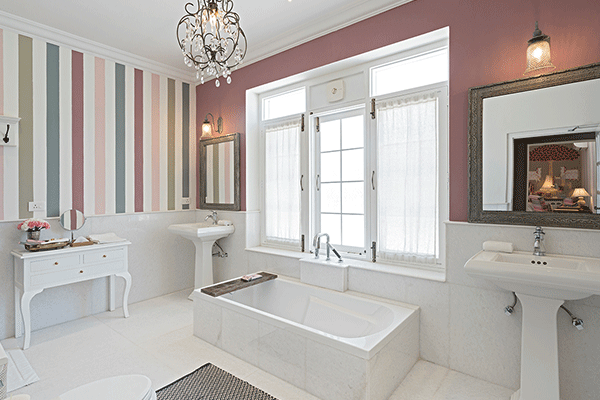
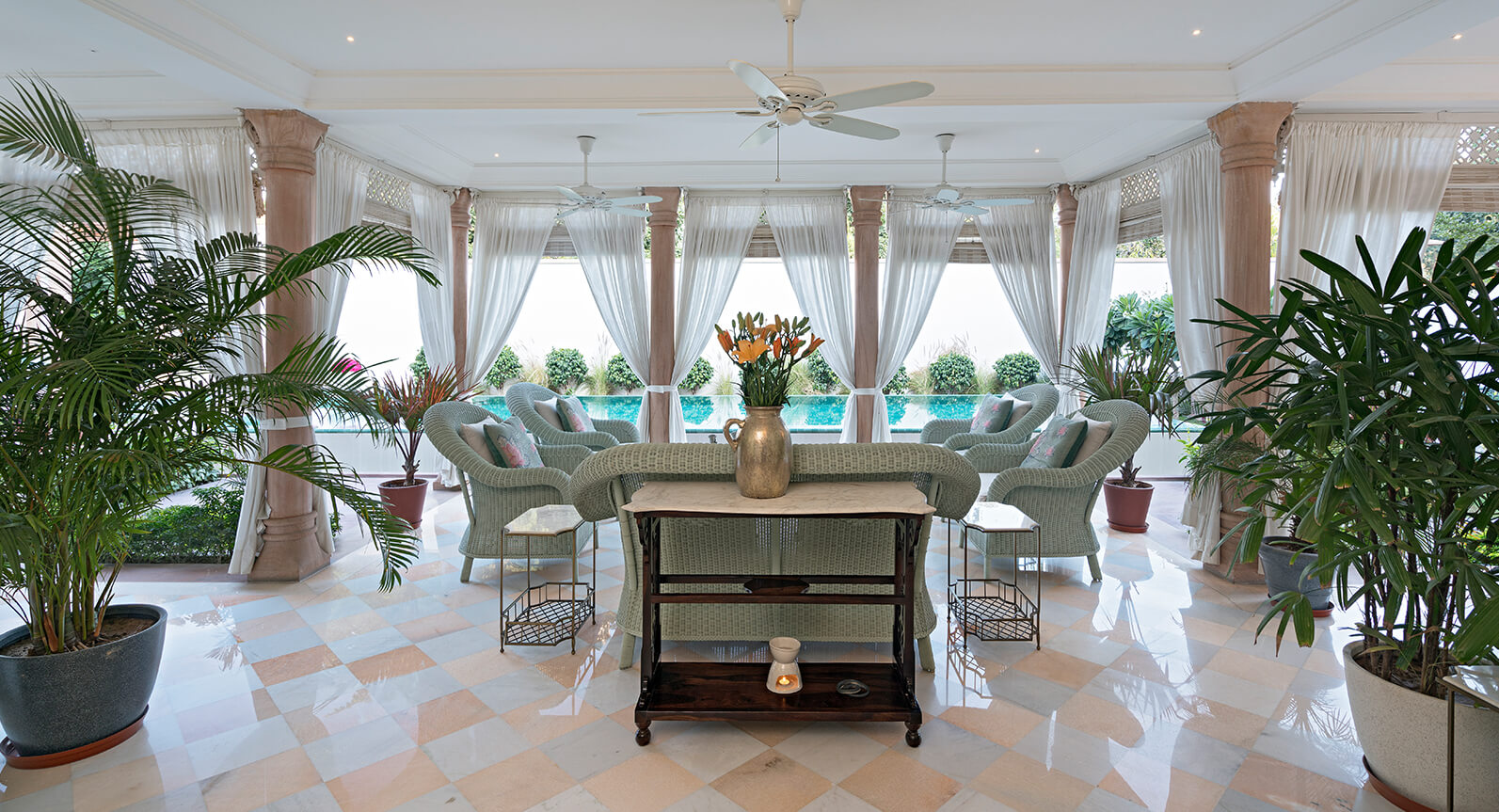
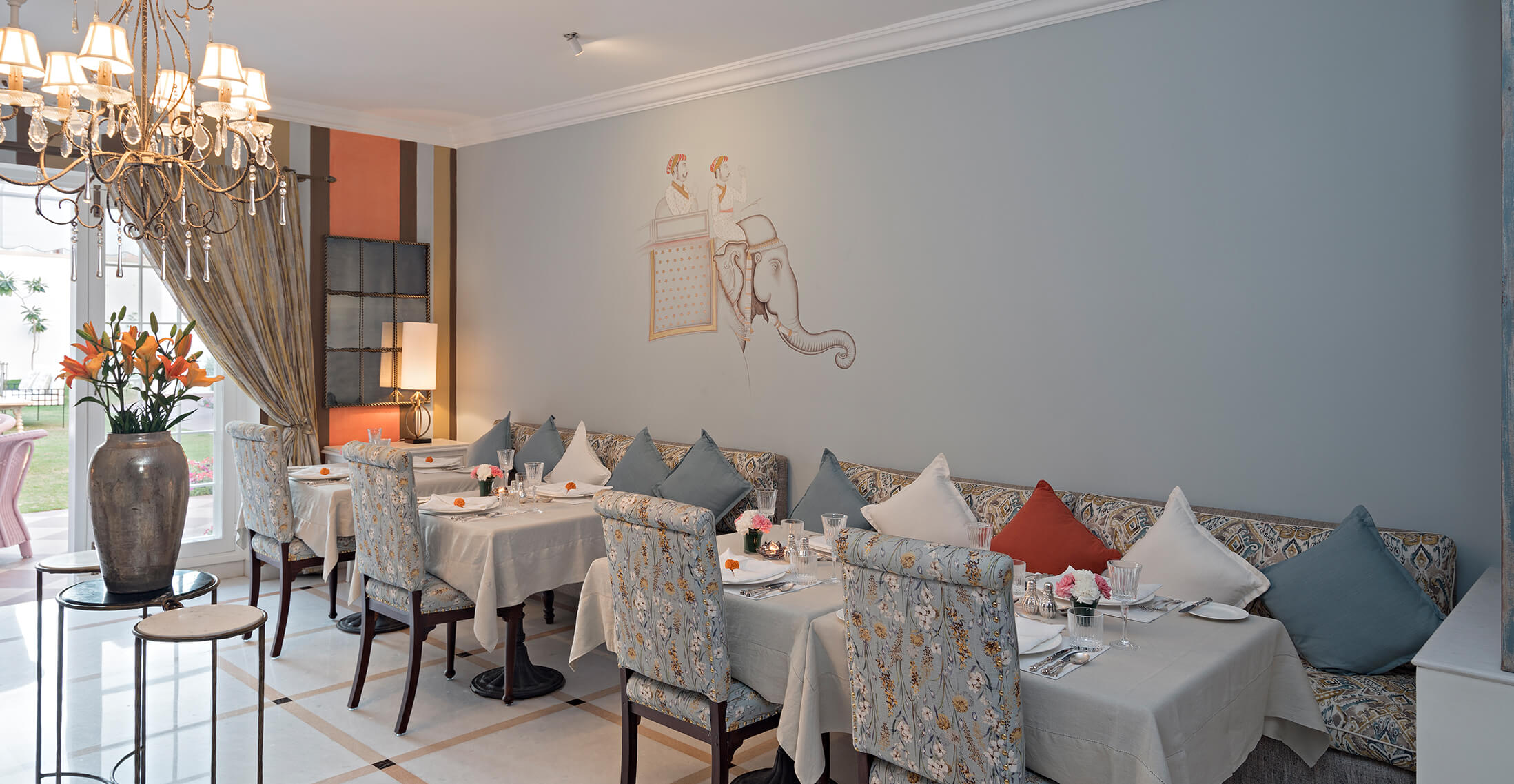
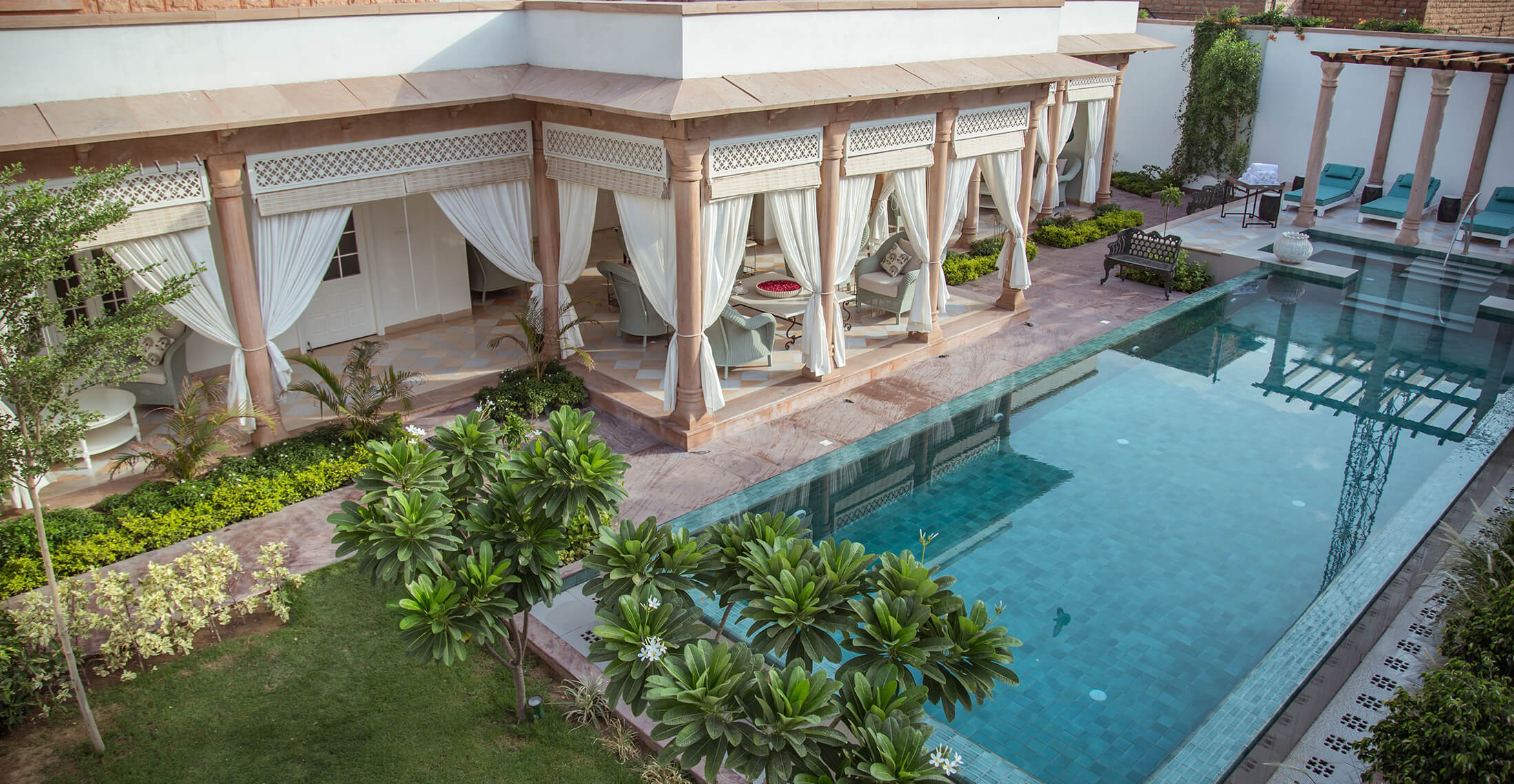
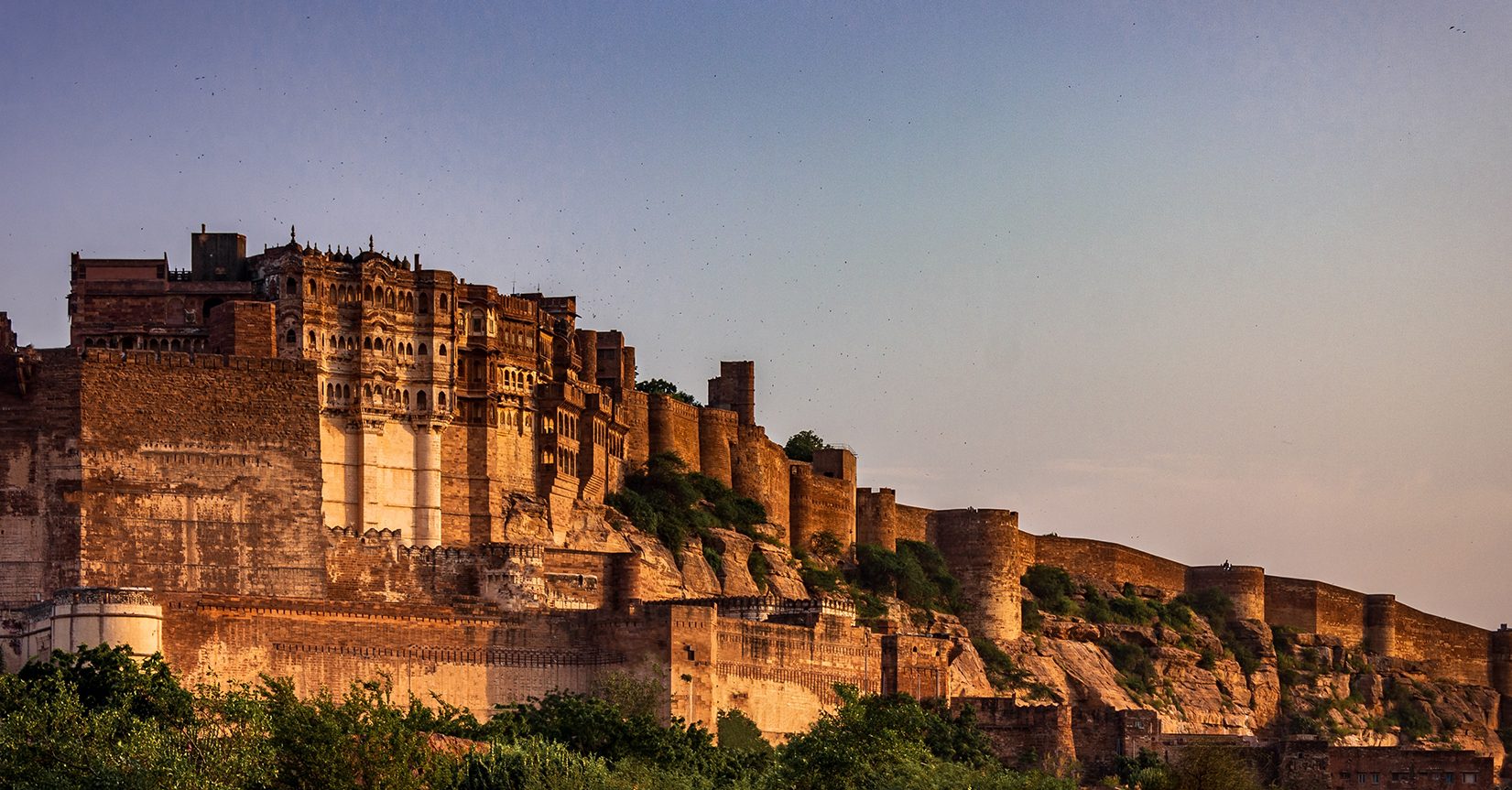





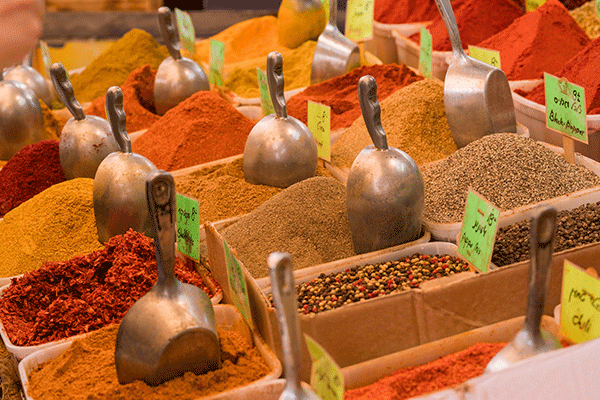



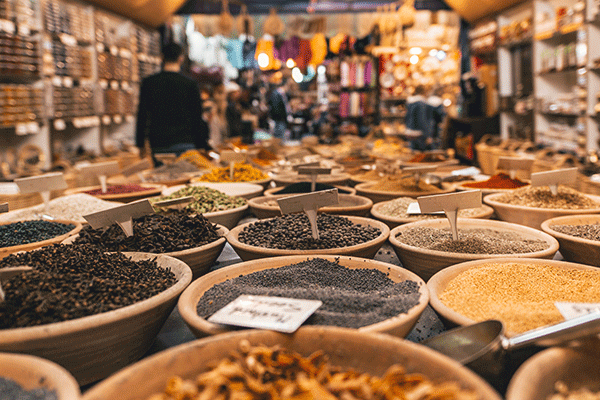

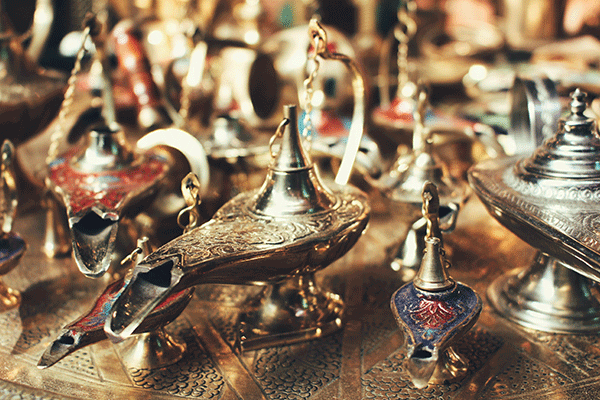

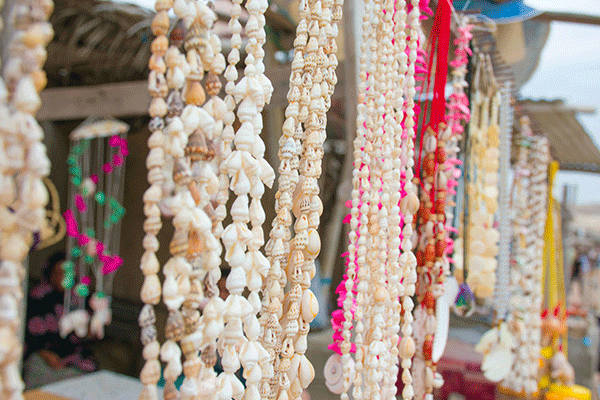

_resized.jpg)
.png)
_resized.jpg)
.png)


